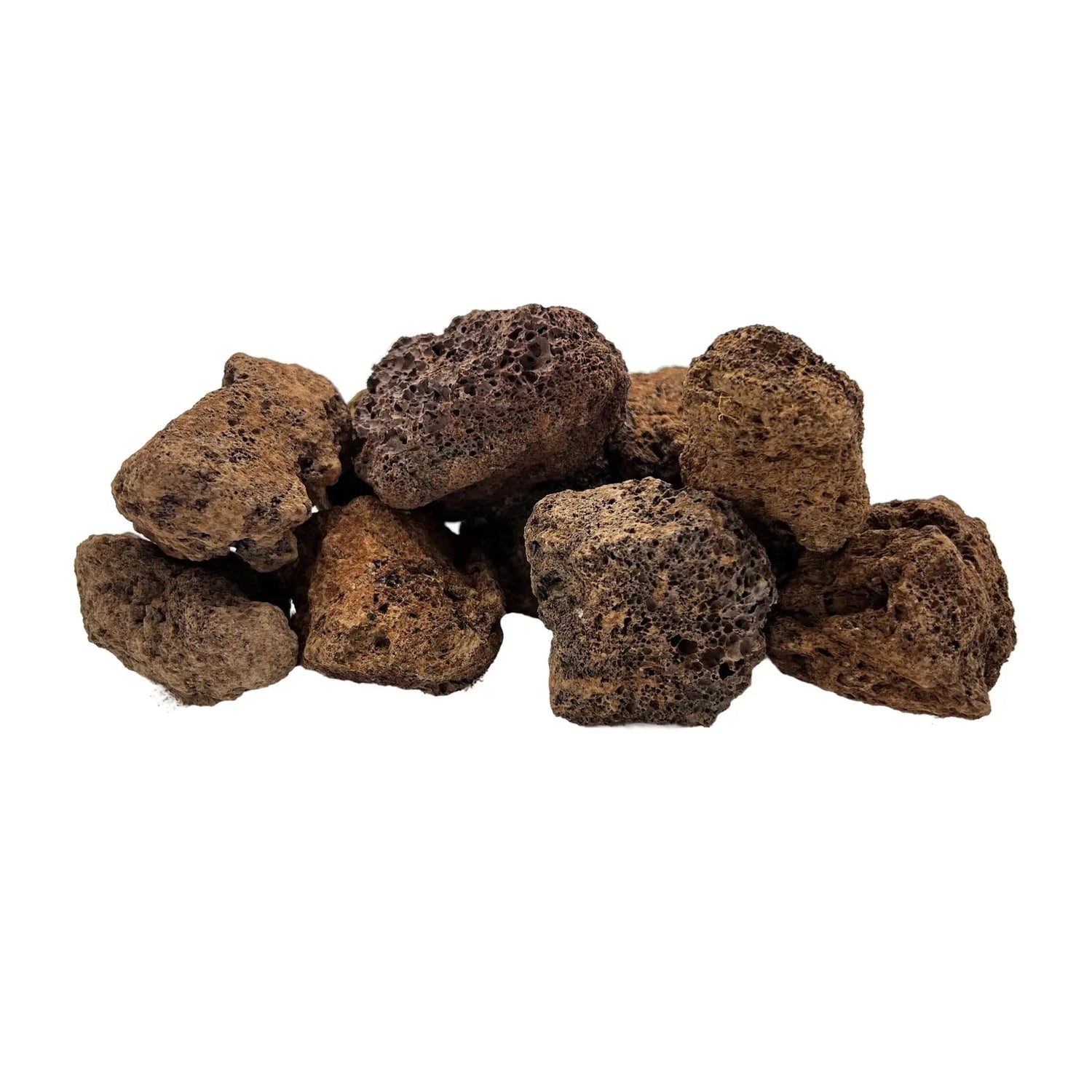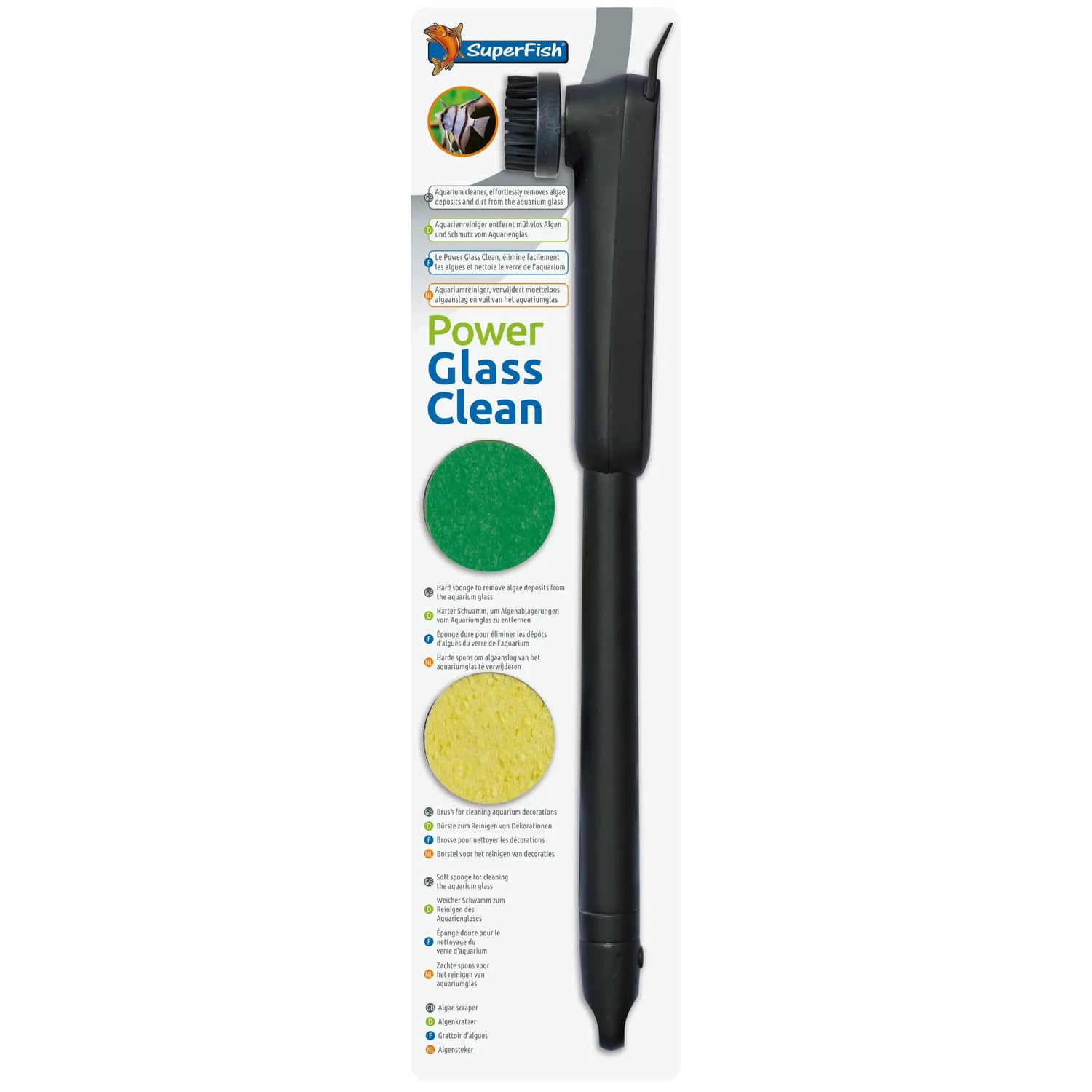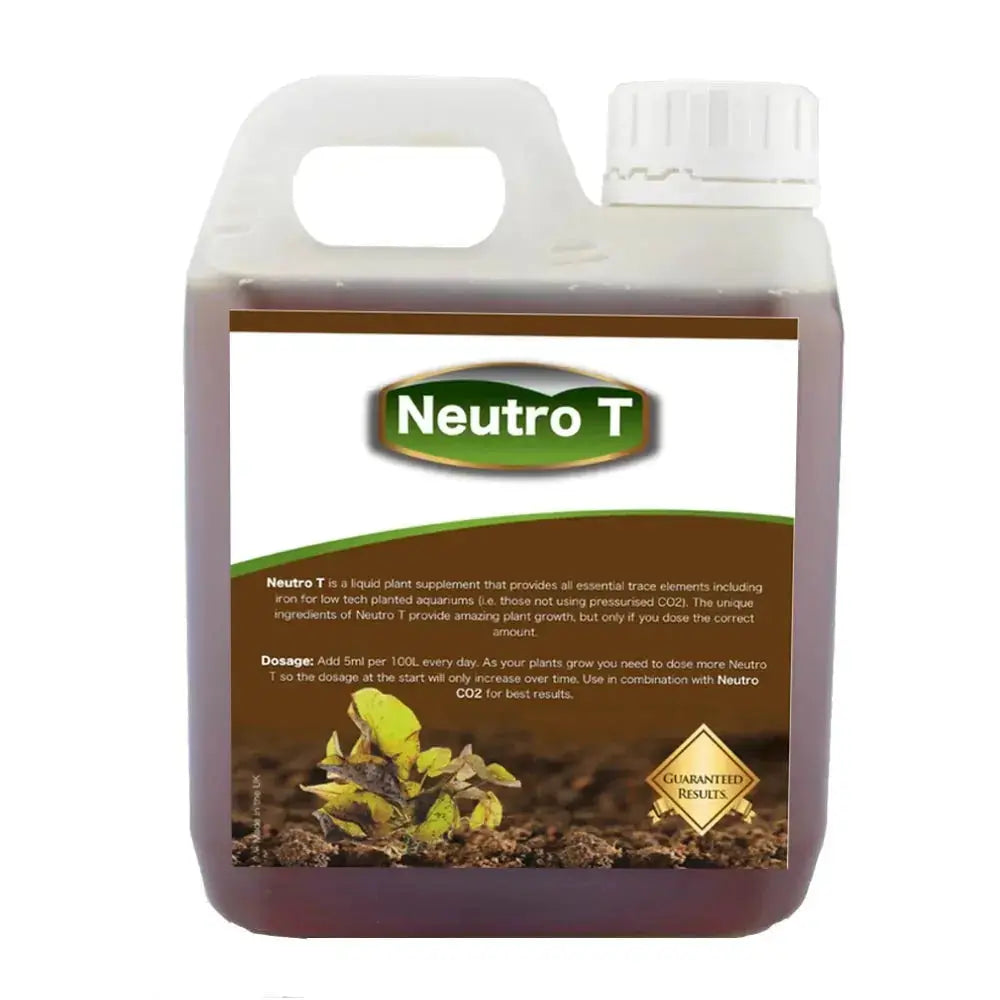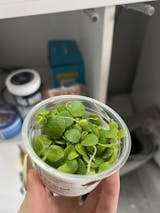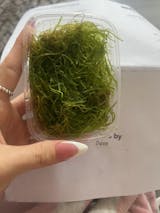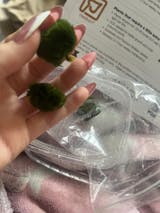From understanding the importance of using the right glass cleaner to exploring different types of cleaners available in the market, we've got you covered. We'll dive into the pros and cons of liquid cleaners, wipes, sprays, and more, helping you choose the best option for your specific needs.
Join us as we debunk myths, provide tips and tricks, and share expert advice on how to achieve and maintain crystal clear glass in your fish tank. No more struggling with smudged glass or using ineffective products. Let's make your fish tank a true spectacle to behold!
A clean fish tank is vital for the overall well-being of your fish. Dirty glass not only obstructs your view but can also negatively impact the health of your aquatic pets. Ammonia and other harmful substances can build up on the glass, leading to poor water quality and stressed fish. Regular cleaning not only enhances the visual appeal of your tank but also creates a healthier environment for your underwater companions.
Proper maintenance of your fish tank includes regular cleaning routines, water changes, and ensuring the glass remains free from algae and dirt. Investing in a high-quality fish tank glass cleaner can simplify the cleaning process and ensure that your tank remains a crystal-clear paradise for your fish to thrive in. Let's delve deeper into the world of fish tank glass cleaners to help you make an informed choice.
Understanding the different types of fish tank glass cleaners is essential to select the most suitable product for your needs. Liquid cleaners, wipes, sprays, and magnetic cleaners are among the popular options available in the market. Each type has its advantages and drawbacks, so it's crucial to weigh these factors before making a decision. Some cleaners may be more effective at removing algae, while others excel at eliminating water stains and grime.
When choosing a fish tank glass cleaner, several factors should be taken into account to ensure optimal cleaning results. Consider the size and material of your fish tank, as well as the type of dirt or algae that commonly accumulates on the glass. Magnetic cleaners are ideal for thicker glass tanks, while wipes or sprays may be more suitable for smaller tanks or quick touch-ups.
Ease of use, safety for your fish, and environmental impact are also important considerations when selecting a cleaner. Look for products that are non-toxic, residue-free, and safe for use in aquariums to avoid harming your aquatic pets. Additionally, opt for cleaners that are easy to apply and remove, making the cleaning process efficient and hassle-free.
Proper maintenance of your fish tank glass also involves adopting the correct cleaning techniques. Always start by unplugging any electrical equipment near the tank to prevent accidents. Use a soft, non-abrasive cloth or sponge to avoid scratching the glass surface. Apply the cleaner in gentle, circular motions, focusing on areas with visible dirt or algae buildup. Rinse thoroughly with clean water to remove any residue before reassembling the tank.
Cleaning your fish tank glass may seem like a daunting task, but with the right tools and techniques, it can be a straightforward process. Begin by gathering your chosen fish tank glass cleaner, a soft cloth or sponge, and a clean bucket of water. Remove any decorations or plants that may obstruct your access to the glass, and ensure that your fish are safely housed in a separate container.
Apply the cleaner to the glass surface, starting from the top and working your way down in small sections. Use gentle, circular motions to loosen dirt and algae without scratching the glass. For stubborn stains, allow the cleaner to sit for a few minutes before gently scrubbing with a soft brush. Avoid using abrasive materials or harsh chemicals that may harm your fish or damage the glass.
Once you have cleaned the entire glass surface, rinse thoroughly with clean water to remove any remaining residue. Wipe dry with a clean, lint-free cloth to prevent water spots or streaks. Take this opportunity to also clean the exterior of the tank, including the frame, hood, and any other surfaces that may have accumulated dust or grime. Regular maintenance will help keep your fish tank looking pristine and ensure a healthy environment for your aquatic pets.
While cleaning your fish tank glass is essential, there are common mistakes that many aquarium enthusiasts make that can be detrimental to the health of your fish and the longevity of your tank. One of the most common errors is using household cleaning products that contain chemicals harmful to fish. Always opt for fish-safe cleaners specifically designed for aquarium use to avoid exposing your aquatic pets to toxic substances.
Another mistake to avoid is neglecting to rinse the glass thoroughly after cleaning. Residue from cleaners can be harmful to fish if left on the glass surface, impacting water quality and potentially causing health issues. Take the time to rinse the glass with clean water and wipe dry to ensure a pristine finish. Additionally, avoid using abrasive tools or excessive force when cleaning, as this can scratch or damage the glass, compromising its integrity.
Properly cleaning your fish tank glass involves more than just removing dirt and algae—it also requires attention to detail and a gentle touch. By avoiding these common mistakes and adopting best practices, you can maintain a clean and healthy environment for your fish to thrive in. Regular cleaning and proper maintenance will not only enhance the beauty of your tank but also contribute to the overall well-being of your aquatic companions.
If you prefer a more natural approach to cleaning your fish tank glass, DIY cleaner recipes can be a great alternative to commercial products. Common household ingredients such as vinegar, baking soda, and lemon juice can be used to create effective and eco-friendly cleaners that are safe for your fish. These DIY solutions are not only cost-effective but also free from harsh chemicals that may harm your aquatic pets.
One popular DIY fish tank glass cleaner recipe involves mixing equal parts of water and distilled white vinegar in a spray bottle. Spray the solution onto the exterior glass surface and let it sit for a few minutes to loosen dirt and grime. Wipe clean with a soft cloth or sponge, then rinse thoroughly with water to remove any vinegar residue. This natural cleaner is safe, effective, and environmentally friendly, making it a great option for conscientious fish keepers.
Another DIY option is to create a paste using baking soda and water, which can be used to scrub away stubborn stains on the outside glass. Mix the ingredients to form a thick paste, apply it to the stained areas, and gently scrub with a soft brush or cloth. Rinse thoroughly with water to remove the paste and reveal a sparkling clean glass surface. These homemade cleaners are gentle yet powerful, providing a safe and sustainable solution for maintaining a crystal-clear fish tank.
While DIY cleaners can be effective, commercial fish tank glass cleaners offer convenience and specialized formulations designed specifically for aquarium use. Some popular brands offer a range of products tailored to different cleaning needs, from removing algae to eliminating water spots and fingerprints. When selecting a commercial cleaner, look for reputable brands known for their quality and effectiveness in maintaining fish tanks.
One highly recommended fish tank glass cleaner is the Superfish Power Glass Cleaner. This battery operated cleaner is suitable for glass tanks, effortlessly removing algae without the need to get your hands wet. Its ergonomic design allows for easy manoeuvring around corners and tight spaces, ensuring thorough cleaning with minimal effort. The durable construction and replaceable pads make it a long-lasting and cost-effective solution for keeping your fish tank glass crystal clear.
Another top pick is the FLUVAL EDGE ALGAE CLEANER, specially designed for small aquariums with tight spaces. This compact cleaner features a unique blade design that effectively removes algae and stubborn deposits from glass surfaces without scratching. Its slim profile and easy-grip handle make it ideal for reaching tricky areas, providing a quick and efficient cleaning solution for maintaining a pristine fish tank. With regular use, this cleaner can help prevent algae buildup and ensure a clear view of your aquatic habitat.
Algae growth is a common issue that plagues many fish tank owners, leading to unsightly green or brown patches on the glass. To prevent algae buildup and maintain a clean tank, it's essential to implement preventative measures and regular cleaning routines. One effective tip is to monitor your lighting duration and intensity, as excess light can promote algae growth. Consider using a timer to regulate the lighting cycle and provide sufficient darkness for your fish to rest.
Maintaining proper water parameters, such as pH levels and nutrient balance, is also crucial in preventing algae overgrowth. Regular water changes, substrate vacuuming, and filter maintenance can help remove excess nutrients that fuel algae growth. Additionally, introducing algae-eating fish or invertebrates into your tank can provide natural algae control, keeping the glass clean and the ecosystem balanced.
Another tip is to scrape the glass regularly to remove algae before it becomes a widespread issue. Use a gentle scraper or algae pad to wipe away algae deposits during routine maintenance to prevent them from spreading and becoming more challenging to remove. By staying proactive and implementing these preventative measures, you can enjoy a clear and algae-free fish tank that showcases the beauty of your underwater world.
While maintaining crystal-clear glass is essential, cleaning other parts of your fish tank is also crucial for the overall health and appearance of your aquatic habitat. Regularly clean the filter media, air stones, and decorations to prevent the buildup of debris and harmful substances that can affect water quality. Use a siphon or gravel vacuum to remove uneaten food, fish waste, and detritus from the substrate to keep your tank clean and balanced.
Inspect and clean the tank's hood, light fixtures, and tubing to ensure proper functioning and prevent blockages or malfunctions. Wipe down the exterior of the tank with a damp cloth to remove dust and fingerprints, giving it a polished look. Regular maintenance of all components of your fish tank will contribute to a healthy and thriving aquatic environment, providing optimal conditions for your fish to flourish.
In conclusion, maintaining a crystal-clear fish tank is not only about aesthetics but also about creating a safe and healthy environment for your aquatic pets. By understanding the importance of using the right fish tank glass cleaner, choosing the appropriate cleaning products, and adopting proper cleaning techniques, you can achieve and maintain a sparkling clean tank that showcases the beauty of your underwater world. With the right knowledge and tools at your disposal, you can transform your fish tank into a true spectacle to behold.



